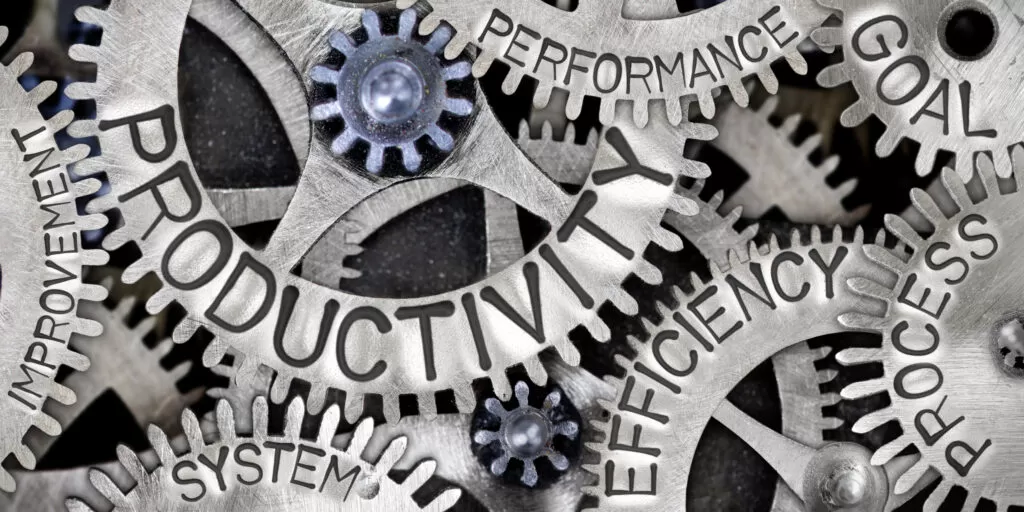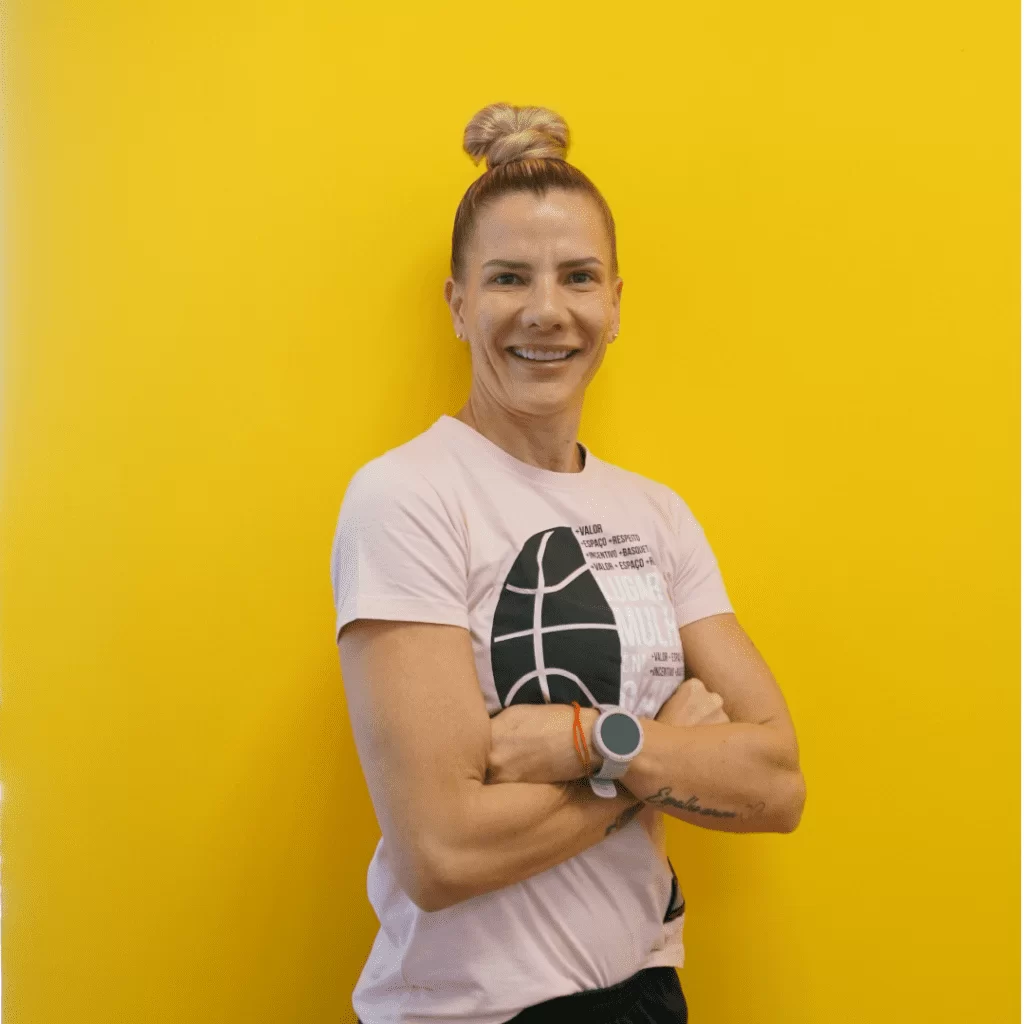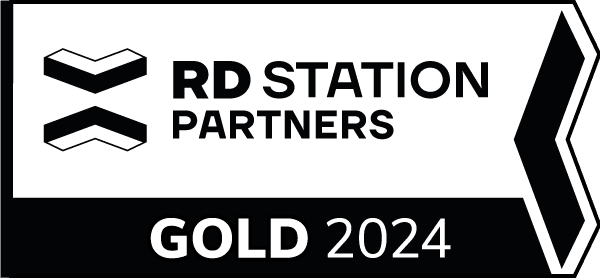When talking to people from previous generations, or even with employees of companies with more "traditional" views, it is normal to come across reports about the authoritarian chief, the famous figure of the boss, holder of authority and worthy of the readiness of his submissive. Nowadays, it seems like an exaggeration, but we just need to make an effort to remember, and we will realize that this past is not so distant. The “modern” view of how to be a good leader is quite different.
Nowadays, more and more companies are looking for people with different qualities for this position, not just those capable of making others work. Does it take an x or y personality to be a leader? Is it possible to develop the ability to lead? What are the characteristics of good leadership? That’s what we’re going to tell you!
The main characteristics of a good leader

Power x authority
Those two words may sound like much of the same thing, but author James C. Hunter, in his classic book on the essence of leadership, “The Monk and the Executive,” made the difference between them very clear, and that's critical.
Power is about forcing people to do something, even if they don't want to, but will do it because they are afraid of the consequences, because they feel intimidated. Authority, on the other hand, is related to the ability to make people do something willingly, motivated by the positive personal influence that the leader exerts on them.
At first glance, exercising power may seem effective, but the truth is that, over time, it erodes the relationship between the leader and the team. Furthermore, if you have had to exercise power, it is a sign that your authority has been broken, and that is not a good thing. A good leader exercises authority and wins the admiration of the team, which is always motivated to work better.
Motivation
One of the most sought-after skills for a leadership position is knowing how to motivate people, that is, how to make people engaged in their work, in achieving results and contributing to the company's growth.
The first step in achieving this is for the leader himself to be a motivated collaborator. “A disengaged leader does not motivate his team”, says Pedro Henrique Torres, Copywriting Coordinator at Bee. In this sense, the leader must be someone who inspires, someone who people look up to and capable of infecting the collaborators around him with his engagement and his spirit of dedicated work.
Ability to teach
Many leaders complain that when they delegate a task, it is done completely differently than expected. Then, there is a tendency for the leader to do as many activities as possible because he believes that no one on his team will do as well as he does.
The reason for this to happen is the lack of qualification and training of the team. A good leader needs to be like a teacher, ensuring that employees have no doubts about what to do and resolve them when they arise. In Pedro's opinion, the leader should not "tell the team 'let me do it', but 'let me teach you how to do it'".
Service
Many contributors may aspire to leadership with the illusion of gaining a position where they can have someone doing their workload. This perspective is a tremendous mistake about being a good leader, as Fabrício Forcato, Account Coordinator at Bee explains: “Leadership is a set of behaviors that make a person a good leader. However, among all this mixture, I consider servitude as the greatest attribute to support the posture of a good leader. To lead is to serve”.
Pedro also agrees with this view: “The leader works first for others, for the team, and then for himself”, and he adds: “The leader only grows if the people around him grow. So, he needs to work for them.”
In this way, being a leader is the opposite of having less work. It's being willing to work for yourself and also for your team.


Empathy
For some, this can be the biggest challenge for a good leader. Empathy has to do with the ability to put yourself in the other's shoes, trying to understand their feelings and emotions. For Eduardo Oliveira, Creative Coordinator at Bee, it is essential “to pay attention to the needs of each employee and help them in every way”.
When the employee feels that he is in a company whose leaders care about him, his personal issues and his needs, he tends to have more desire to work for that company and becomes more productive. “It is necessary to understand how each employee is, the moment they are in, to know the best way to help or reprimand them”, continues Eduardo. In other words, before any charge, it is interesting to know exactly who you are talking to, in order to know the best way to charge, obtain better results and not discourage the team member.
Emotional intelligence
For Maria Carolina, Planning Coordinator at Bee, this is the fundamental characteristic of a good leader. “It is very important that a leader does not lose control when facing problems in order to make decisions with caution”, she says.
The leader is the person who deals with the pressure for their own performance as a professional and also for the team. He is also charged with making assertive decisions quickly, solving problems, thinking about strategies, managing team stress. All of this requires a constant search for emotional balance, because if the leader doesn't have it, the same is likely to happen with the team.
Organization
Maria Carolina also believes that the leader must be organized and, thus, demonstrate responsibility for the work and set an example for the followers. “The leader cannot be the one with the messiest desk, who doesn't know how to organize his e-mails, who misses deadlines all the time. They need to be well organized, so they are able to organize the team”.


The biggest challenges of being a good leader
Confira alguns depoimentos dos nossos líderes sobre o que consideram ser os principais desafios da função:
Check out some testimonials from our leaders about what they consider to be the main challenges of the role:
“I think the main challenge is needing to provide quick and accurate solutions for things I haven't experienced before. Every day, new things happen, and you need to “test” your will, your creativity, your resilience, among other things.”
– Pedro Henrique Torres, Copywriting Coordinator
"The biggest challenge is to make the team stay in tune; it is to have empathy with each one of the team."
– Eduardo Oliveira, Creative Coordinator
“The hardest part is that, as a leader, I'm responsible for the bad news – whether it's a layoff, a lost client, or a scolding when the team did something wrong.”
– Maria Carolina, Planning Coordinator
“The biggest challenge for a leader is dealing with people. But the variable “people” is a box of surprises. This is the biggest challenge by far, and want to know what the secret is to getting around it? There is no secret. People are unique and every day they are changing. If the leader understands about people, he will certainly have a good exit in all other challenges.”
– Fabrício Forcato, Account Coordinator
You will find that as much as we list a lot of the characteristics expected of a leader, this list will never be complete. After all, each workday is different from the other and will bring its own challenges, demanding from the leader flexibility and flexibility to deal with them. That is, constantly improve yourself and never be satisfied. Take advantage of each adversity to learn something new and become a better leader.
[yasr_overall_rating]














